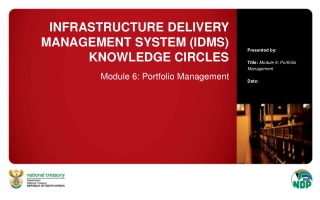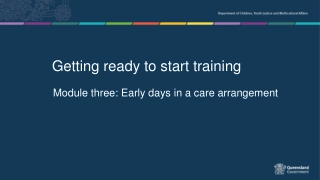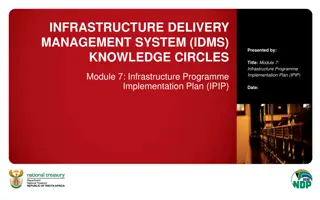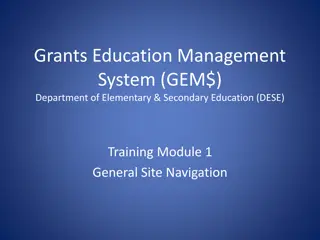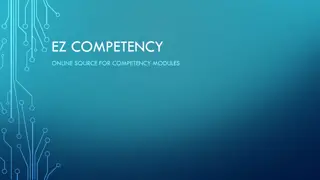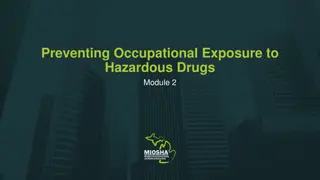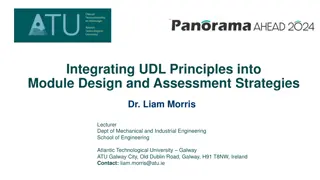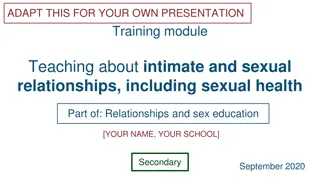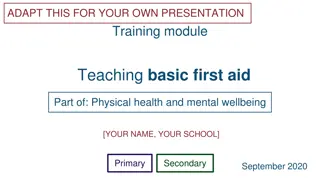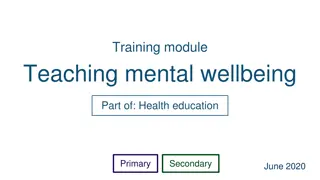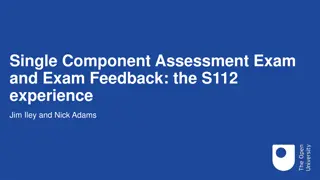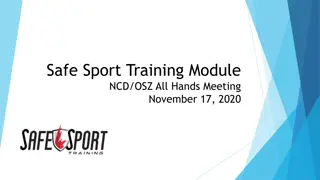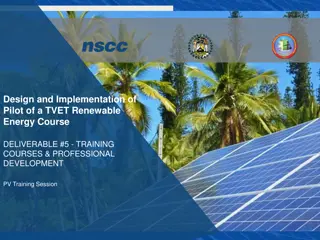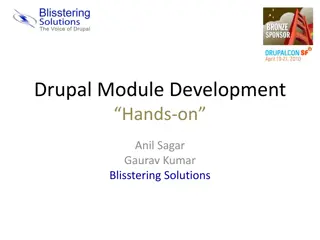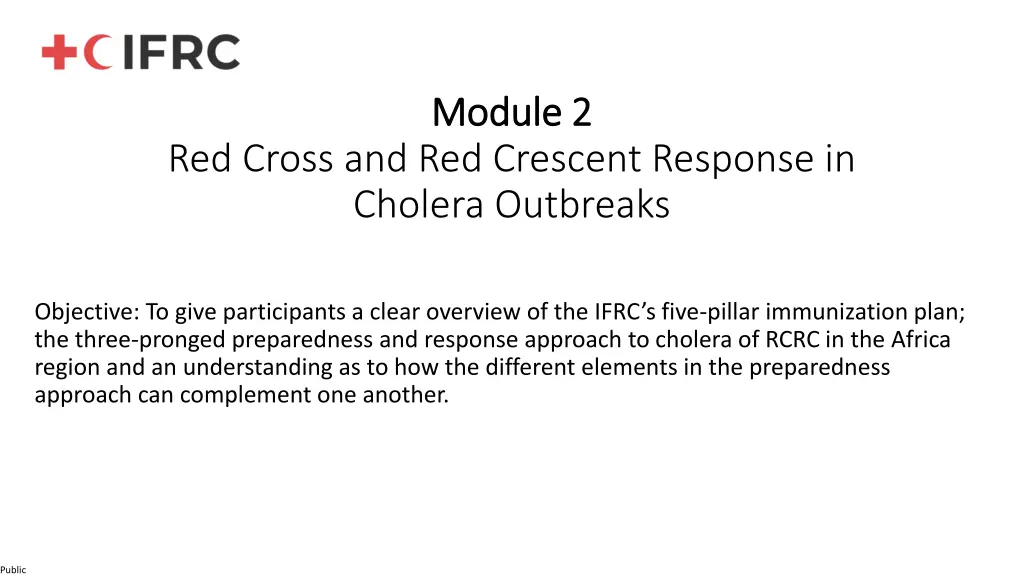
Red Cross Response in Cholera Outbreaks
Explore the IFRC's five-pillar immunization plan and the three-pronged preparedness approach to cholera in the Africa region. Understand how different elements complement each other to combat cholera effectively.
Download Presentation

Please find below an Image/Link to download the presentation.
The content on the website is provided AS IS for your information and personal use only. It may not be sold, licensed, or shared on other websites without obtaining consent from the author. If you encounter any issues during the download, it is possible that the publisher has removed the file from their server.
You are allowed to download the files provided on this website for personal or commercial use, subject to the condition that they are used lawfully. All files are the property of their respective owners.
The content on the website is provided AS IS for your information and personal use only. It may not be sold, licensed, or shared on other websites without obtaining consent from the author.
E N D
Presentation Transcript
Module 2 Module 2 Red Cross and Red Crescent Response in Cholera Outbreaks Objective: To give participants a clear overview of the IFRC s five-pillar immunization plan; the three-pronged preparedness and response approach to cholera of RCRC in the Africa region and an understanding as to how the different elements in the preparedness approach can complement one another. Public
Contents Contents 1. NS involvement in immunization campaigns and the five-pillar immunization plan. 2. Overview of Africa Region Preparedness Approach to Cholera 3. Oral Rehydration Therapy ORT: community level and scaled up responses 4. Branch Transmission Intervention Team BORT: WASH assessment and actions in case-households and case communities 5. OCV: an outline of key areas RCRC will support in OCV campaigns 6. Linking OCV campaigns with ORT and BORT 7. Activity Public
Rational for RCRC involvement in immunization Rational for RCRC involvement in immunization RC/RC Societies and IFRC are uniquely positioned to support immunization activities working at the community level, reaching inaccessible populations and extending health services to the most vulnerable As community-based organizations, National RC/RC Societies play a key role in creating demand for critical vaccination services and addressing vaccine hesitancy. Strengthen our position as a prominent actor in the field of immunization and open-up new funding opportunities Internal
The IFRC Five Pillars immunization plan I. Advocate II. Trust III. Health IV. Reach V. Maintain Advocate for fair and equitable distribution of the COVID- 19 vaccine and other immunization services Build community trust for COVID 19 and other new vaccines. Address vaccine hesitancy and help manage people s expectations Support the delivery of vaccines in health facilities and during outreach activities Reach the most vulnerable especially in urban informal settlements / slums and remote rural populations and IDPs and Refugees Maintain and strengthen other immunization services for both routine immunization activities and vaccination campaigns for other vaccine- preventable diseases Internal
The IFRC Regional Approach to Cholera The Africa Regional Approach to Cholera aims to localize response by training community-based volunteers and prepositioning equipment in branches located in cholera hotspots. Three-pronged approach: 1. Oral Rehydration Therapy access, diagnosis of dehydration level and referral with the ability to scale up provision of ORT through the operationalization of Oral Rehydration Points. 2. Breaking of cholera transmission routes through WASH based interventions in households and communities using trained volunteers as part of a Branch Outbreak Response Team (BORT) 3. Support OCV campaigns organized by the government whether they are preventative or responsive . Public
Access to Oral Rehydration Therapy (in the community) In their own community trained volunteers can diagnose levels of dehydration and possible cholera cases making referrals where necessary. The volunteers can treat less severe cases with ORT and play a role in surveillance by alerting District Health Authorities (DHA) of any notable increase in case numbers. Community ORT Volunteers work with their community on awareness of cholera and putting in place simple means of preventing transmission Public
Access to Oral Rehydration Therapy (in cholera outbreaks) Where outbreaks occur in a district, the RCRC branch will work with the DHA to put in place Oral Rehydration Points (ORP) where the need is perceived to be greatest: usually in communities but also as an overflow facility at a CTC or community health centre. Trained community volunteers will set up, operate, maintain and put away the ORPs which are designed to treat 35 people per day, referring the most serious cases. Volunteers may also be required to do outreach into the communities to identify cases where the individual has remained in their home. Public
Breaking Transmission in the Home and the Community In coordination with the RCRC branch and the DHA, Branch Outbreak Response Teams (BORT) will be deployed to households, neighborhoods and communities where cases have been located. Household and community assessments are carried out in order to identify potential transmission routes. Simple household actions are implemented in order to break the transmission routes: water treatment, water vessel cleaning, handwashing facilities by toilet etc Transmission route breaking at community level will include water treatment; cleaning of shared sanitation and ensuring HW facilities; and working with market traders and water vendors to ensure safe food and water. Public
Support Oral Cholera Vaccine Campaigns Branch volunteers will support OCV campaigns through social mobilization and rumour management. Where the DHA allow volunteers will support the set up and management of immunization sites as well as the administering of OCV. Volunteers will be involved in follow up activities, for example monitoring take up, community mobilization for a second dose and to identify any Adverse affects to the vaccine Public
How does ORT Preparedness Support OCV The ORP Kits contain many items such as chairs, tables, IPC materials and cordoning tape which are useful in setting up an immunization site. If the kits are not being used for ORP purposes they may be used in the set up of a vaccination site. ORP Kits are designed to be used multiple times and repacked. RCRC volunteers and staff should oversee this packing noting items that will need replacing or replenishing. In sharing info on cholera and breaking transmission, information can also be given on OCV Public
How does the BORT support OCV The BORT works in the community and may integrate community mobilization for an OCV campaign into the work it does on transmission. Equally it might test the water to understand the willingness of households to participate in a hypothetical campaign. This can identify concerns HH have. BORT assessment, actions and distribution can go in simultaneously with an OCV community mobilization campaign or shortly afterwards. OCV campaigns usually target large populations, meaning that BORT inputs would only cover a small proportion of these and agreed targeting criteria and numbers need to be put in place beforehand. Public
Efficient Use of Household Visits A prepared branch will have prepositioned stock and trained volunteers to respond with all three elements of the Cholera Preparedness approach simultaneously. However, each element has relevance at a different point of an outbreak - thus it is important to prioritize elements at different times. Equally, volunteers should use household visits to fulfil several tasks at the same time. General Cholera messaging Encouraging vaccination Undertaking a rapid WASH survey of the household Carrying out quick emergency WASH interventions Public
Integrating Rapid WASH assessment and Interventions into OCV Campaigns The GTFCC and its members recognize and are increasingly prioritizing the need for emergency WASH interventions to accompany OCV campaigns. Often resources to achieve this will be limited and volunteers may only target some communities or households with WASH interventions whilst mobilizing a community in an OCV campaign. Volunteers in an OCV campaign need to be familiar with the rapid household WASH survey and the related interventions and think about how best to organize to achieve this and OCV mobilization * Public
Summary IFRC and the NSs across Africa have a common Immunization Plan and Cholera Preparedness Approach. The sharing of approaches, trainings, standard kits and SOPs allows for greater opportunities for support and coordination. Pillars 2,3 and 4 - Trust, Health and Reach are key in the volunteers work in supporting an OCV campaign The cholera preparedness approach aims to save lives through access to ORT and to break transmission through BORT and OCV. A volunteer may be required to be part of different teams at different times in an outbreak. Public

